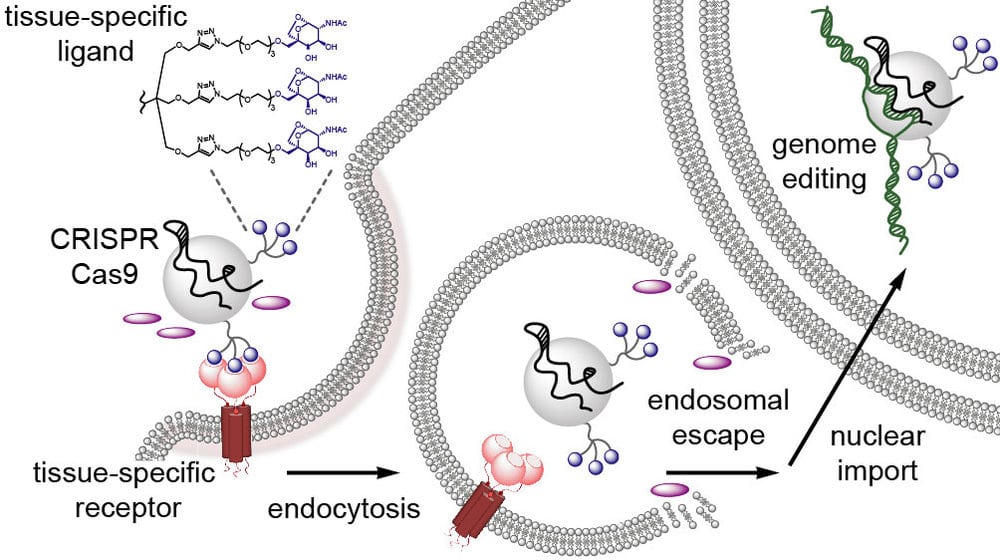Chairman National Accountability Bureau (NAB), Justice (R) Javed Iqbal, has said that NAB is not pursuing the sales and income tax-related cases of the business community, and it has transferred such cases to the Federal Board of Revenue (FBR).
The Chairman further added,
The notices issued by NAB Multan to flour mills owners of Multan, Bahawalpur, and Dera Ghazi Khan Divisions are being held in abeyance as the matter is sub judice in a court of law, and the Anti-Corruption Establishment (ACE) Punjab is also probing the matter.
He was speaking to a delegation of the Pakistan Flour Mills Association at the NAB headquarters. Chairman NAB said that he would examine the cases as per law and asked the business community to provide flour to people at the rates fixed by the government.
ALSO READ
FBR Issues Instructions for Track and Trace System Licenses
He also said that out of the total 1,210 references filed by the NAB, only 2 percent are related to the business community, which negates the rumors that the business community is troubled over NAB’s actions.
The Chairman also appreciated the value being generated by the business community in economic development, saying, “NAB has great regard for their valuable services in the progress and prosperity of the country.”
He informed that he has decided to hold an Open Katchery on last Thursday of every month to hear complaints from the citizens related to corruption. He said that the NAB received twice as many complaints in 2020 as compared to 2019.
The Chairman also said that NAB had established a special desk last year headed by a director at the NAB headquarters to address the issues of the business community. “The NAB is trying its utmost to address the problems of the business community as per law,” he said.
